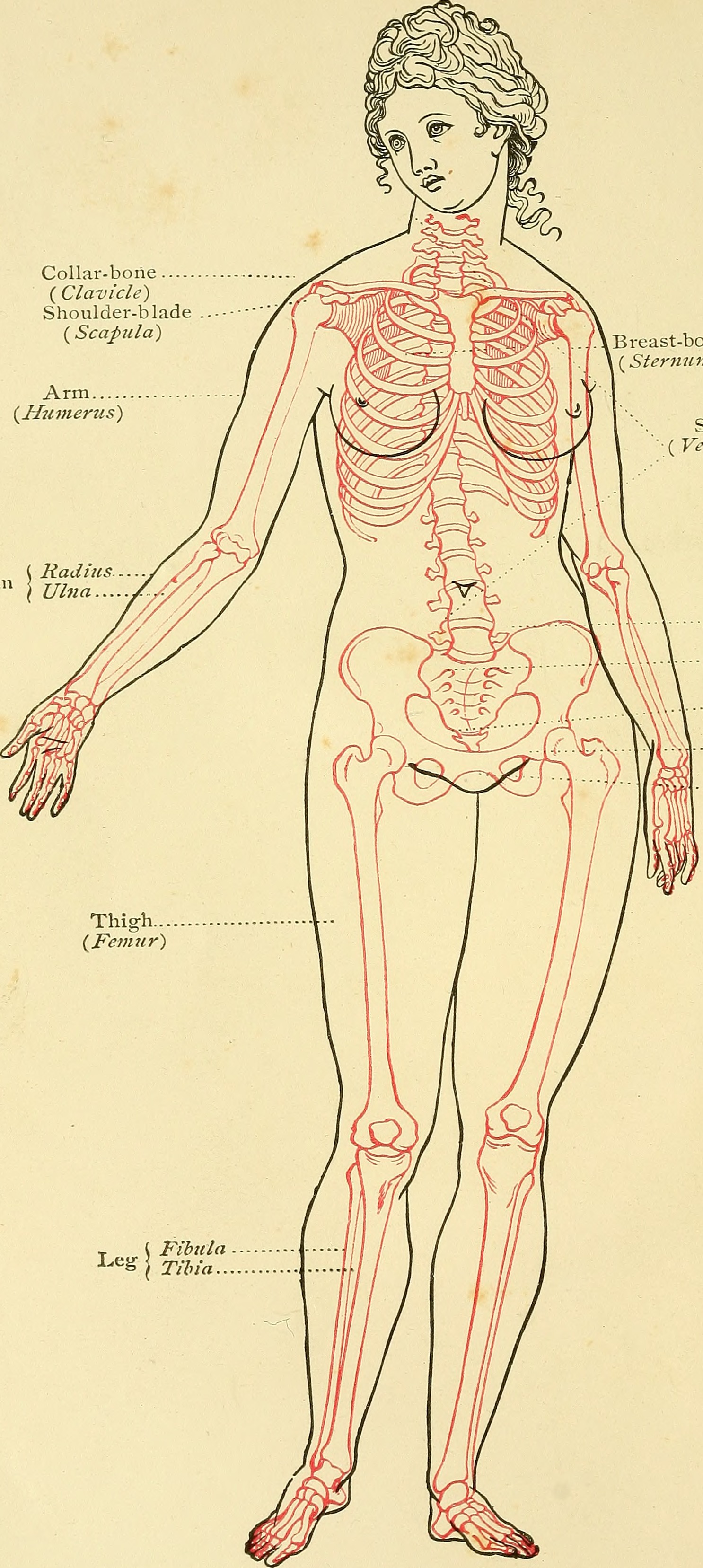Eating disorders are serious conditions that can limit or destroy a woman's life. I'm glad to know that these disorders are taken seriously and being researched and that prevention is sought.
But, in my opinion, the direction of study can go astray. The focus needs to be on women, not the disorder, the human being, not the symptoms.
As a Los Angeles psychotherapist specializing in eating disorder recovery, I see, time after time, that dangerous and tenacious symptoms mean something to my client. The disorder and the woman are integrated in a system that is so tight that and complex she cannot imagine extricating herself from her eating disorder behaviors.
In a post I read this morning at Science To Go, Kate Melville wrote a post, Eating Disorders Lurking in Most Women. She describes the astonishment of researchers at Brigham Young University who found that brain scans of women without eating disorders, i.e., healthy women, showed the same response as women with eating disorders when they viewed an image of an overweight person.
"These women have no history of eating disorders and project an attitude that they don't care about body image," said Mark Allen, a BYU neuroscientist. "Yet under the surface is an anxiety about getting fat and the centrality of body image to self."
This is not surprising to me. In a culture where a woman's appearance, especially weight, determines her ability to get and keep a job, have relationships, advance in a career, and be taken seriously in almost every setting, weight becomes a realistic survival issue. According to Allen's study, appearing in the journal Personality and Individual Differences, men did not show any signs of similar self-reflection when viewing the images.
Look at the novel you are reading, any novel. Women's bodies are described thoroughly as part of the character and plot. How often are the man's legs or his weight described in terms of mood and depth of story? How often is a man's hair color mentioned as part of a description in a news article?
If a woman in a novel is described as middle-aged and plump, it's a character statement. Middle-aged, short and stocky is another character statement. Slim, long-legged blonde is yet another.
Men aren't characterized this way. It's natural that they wouldn't feel the aversion to being pigeonholed in a perception that would limit their lives based on weight as women do.
The researchers wanted to find a baseline for healthy MRI responses and discovered that all the women were revolted by fat. That revulsion is called a "sub-clinical" issue connected with body image. It's possible that these "sub-clinical" issues are based on normal flight or fight responses to a perceived danger.
The title of the article, Eating Disorders Lurking in Most Women, is unfortunate. A more appropriate title might be Women Recognize Threats to their Ability to Prosper and Thrive. It's normal and healthy to respond with fear when confronted with a threat.
When the threat is something that could arise out of your own normal functioning, it's natural that a person would fear and be horrified at what they could do to themselves. Part of the reason eating disorder recovery is difficult to achieve is because those fears can only be addressed by challenging the values in the person and in the culture that make that fear relevant to survival.
Please share your thoughts in the comment section below.
Written by Joanna Poppink, MFT. Joanna is a psychotherapist in private practice specializing in eating disorder recovery, stress, PTSD, and adult development.
She is licensed in CA, AZ, OR and FL. Author of the Book: Healing Your Hungry Heart: Recovering from Your Eating Disorder
Appointments are virtual.
For a free telephone consultation, e-mail her at



Add comment